
This story is published in partnership with Tone Madison
Sensitivity reading provided by jilip nagler.
This past spring, on an evening stroll that I had made ritual during those first few weeks of warm Madison weather, I stumbled upon some street art behind the Willy Street Co-op. “Protect Trans Kids,” it read, scrawled in pink chalk, accompanied by a blue and pink heart meant to resemble the transgender pride flag. It was an unsurprising albeit symbolic message for the Marquette neighborhood, whose lawn signs share sentiments of inclusivity, and I was glad that more community members were expressing their support during Pride month. I went on with my walk, grateful for the fresh air and sun. But on my way back home, I noticed the message had been altered, taking on a completely opposite stance.
The word “trans” had been smeared, as if by foot, and a new message appeared beneath it. The sidewalk square now read: “Protect kids… Don’t give them puberty blockers.” The second half, written in white, was an assault on the gender-affirming care that slows and eventually halts development of secondary sex characteristics for those who do not identify with the gender they were assigned at birth. Also known as hormone blockers, these medical treatments are safe and life-affirming to those who seek them out, making opposition to them glaringly anti-trans in nature.
Stunned that someone would take the time to run home and grab their own chalk to respond to the original message, I did what any sensible person would do: I ran to my kitchen sink, filled up a glass of water, and poured it over the pavement. The next morning I drove to work in the rain, thankful that the weather took care of anything I missed, the hateful language gone without a trace.
TERFS chalk the Capitol with anti-trans rhetoric
While some might find this incident unremarkable or even trivial, people have increasingly used chalk to spread hateful messages—particularly anti-trans messages—in Madison. This past April, dozens of so-called “radical feminists” organized an event in our capital city called Sisters4Sisters. It was an effort to rally around local TERFs (trans-exclusionary radical feminists) who claim that they are targets of oppression because they have faced consequences for their vocal bigotry against transgender and non-binary people. The TERF event was also an attempt to push their own brand of “feminist” ideology rooted in biological essentialism; organizers branded the event “female only,” using transphobic language that narrowly defines “women” by their chromosomes and secondary sex characteristics, excluding trans women and intersex people. It’s part of the hateful rhetoric that encourages violence against trans women by casting them as predatory men.
On the weekend of the convention, the sidewalks of the Capitol Square were littered with anti-trans messaging—such as “Protect Women Spaces”—all written in chalk.
Sidewalk chalk as the modus operandi for hate speech poses a peculiar question: if these individuals are so intent on spreading hateful rhetoric and invalidating transgender identities, then why choose such a transient medium? In just the past few months, Madison has seen its fair share of more permanent forms of expression. In July, a spray-painted message on St. Bernard Catholic Church on Atwood Avenue called out the Catholic Church’s hypocrisy on abortion and the history of deadly Church-run boarding schools that stripped Indigenous children of their cultural identity. After a draft of the Supreme Court’s decision reversing Roe v. Wade leaked in May, someone damaged a Wisconsin anti-abortion group’s offices with molotov cocktails and spray-painted threats. If these TERFs remain so staunch in their beliefs, then why choose to publicize them in such fleeting and impermanent ways?
Fiddlesticks Knits chalked with #LGB and #WhatIsAWoman
This was the same question that stumped Erica Hainz, the owner of the fiber arts yarn store Fiddlesticks Knits at 1976 Atwood Ave. The business, which is proudly queer and woman-owned, was the target of an incident of hate speech on June 1, the first day of Pride month. When Hainz arrived at the store that morning, she found the remnants of transphobic messaging in chalk outside of the establishment.
By the time Hainz made it to the storefront, an employee at Thorps Haircut & Color next door had already washed it off, after a concerned customer pointed it out. Mary Jo Walters, who took credit for the chalking shortly after the incident, has openly referred to herself online as “trans-a-phobic.” The messages Walters wrote outside Fiddlesticks confirm as much, incorporating the hashtags #LGB #NoPride #WhatIsAWoman? and #WhatIsAGirl? In an interview with WORT during which she proudly referred to her actions as “artwork,” Walters explained that the hashtags she used were lifted from the movie What Is A Woman?, a feature-length act of transphobic violence from commentator Matt Walsh of the far-right website The Daily Wire.
Walters expressed no remorse for her actions and encouraged others to do additional transphobic chalking of their own. “Get to the sidewalks this month!” reads a tweet she posted soon after the incident, from an account that has since disappeared, even including a picture of the original hate speech outside Fiddlesticks. Chalk is the newest weapon of choice for TERFS spreading transphobic ideology, joining a hefty, persistent, and evolving arsenal of anti-trans measures that includes anti-trans stickers that have been particularly prominent in summers past.
Ashes, Fiddlesticks’ only trans employee, couldn’t help but feel targeted by the chalking. “I wasn’t sure that it was about me, but even the fact that it was so close to my home, like—Fiddlesticks is my home and my family,” Turner says. “It was hard not to think it was about me and not to be scared that [it was] because I’m very open about being trans. It’s sort of like the first time that I worried that that might burn me…. To have that in Madison was like a shock to my system.”
This fall, Walsh scheduled a visit to the UW-Madison campus, sponsored by the university chapter of right-wing group Young Americans for Freedom. The Badger Herald reported in October that transgender and nonbinary people at UW-Madison have expressed “hurt, anger and exhaustion” ahead of the event. A graduate student and teaching assistant in the Gender and Women’s Studies department has reported an incident of targeted hate speech after posters for the event with Walsh were plastered throughout the department in Sterling Hall; their own department notices were torn down days later.
Police reaction to chalking varies with location, message
The motive behind using chalk seems to lie at the intersection of convenient immateriality and an absence of accountability. “Because it is chalk, that kind of makes it a little bit more slippery,” Hainz explains. When filing a police report about the incident at Fiddlesticks, she recalls, “I had to file it under vandalism even though [there wasn’t any] property damage because it is something that’s removable. If it was spray paint, it would be clear vandalism, that would be a criminal offense, but because it’s chalk, it gets into that weird gray area.”
Hainz says that the self-submitted police report form didn’t have an easy option to flag hate speech, “which is frustrating in its own right. Because it’s like, if somebody drew a chalk flower in front of my store, I would not be filing a police report, right? It’s because of the content, not the mode.” Hainz has not heard back from the Madison Police Department since filing her report.
Historically, police and local governments have selectively criminalized sidewalk chalk, including in Wisconsin. In 2017, a mother and daughter who were members of the Racial Justice Group in Onalaska received a citation and a $1,000 fine for chalkwork that expressed support for the Black Lives Matter movement. Despite Onalaska officials’ claims that the citation wasn’t about the message itself and instead had to do with the amount of the time and labor involved in removing the chalkwork, it doesn’t take much to understand why messages of racial solidarity and a challenge to white supremacy wouldn’t fly in this part of the state. The “harm” that these chalkings created was not one concerning aesthetic, but a disruption of the white utopias that police work to maintain.
Uneven assessment of hate crimes
Madison’s tendency to cling to its liberal reputation without any push for real, material change is nothing new. It is more comfortable to talk about equity—or to insistently signal that we are a resoundingly LGBTQ+ supportive city—than to do the transformative work of addressing and repairing harm. Just as authorities cherry-pick which protestors to criminalize, on the flipside, they cherry-pick which incidents of hate necessitate—or “deserve”—accountability. Although those targeted by hate may be clear about its harmful impact, there is limited recourse; those in power set the boundaries of who, exactly, “deserves” defending, upholding systems of oppression that keep people with marginalized identities in danger.
In June, five strangers assaulted a Chinese Ph.D. student in downtown Madison; Both UW-Madison authorities and law enforcement refused to acknowledge the clear racism behind the altercation. “While we don’t have evidence these incidents were motivated by race…” a(n astonishingly late) statement from UW-Madison administrators began, joining a chorus of official statements that shirk blame and dismiss the necessity of clear, deliberate, and indicting language. It matters little what the statement goes on to say, only that the institution has failed once again to call out an act of violent racism, bending over backwards to make vague what is so incredibly obvious, creating an environment of negligence and risk for its most vulnerable members.
In situations like these, the malicious malleability and outright denial of intent is what makes concrete evidence so crucial to processes of accountability. Whether it’s physical injury or (irreversibly) damaged property, proof becomes the determining factor for whether or not something is worth further investigation.
What then, becomes of incidents like the ones Hainz of Fiddlesticks experienced, where the intent is explicit, but the harm caused can’t be measured, taken in for investigation, or returned to over and over? How could one ever fully report, capture, or testify to the emotional and mental toll of having a safe space so boastfully vandalized?
Our Lives targeted by TERF stickers
Even with physical evidence, pursuing hate crime charges can be limited by other systemic discriminations. Just last year, a vocal local TERF was cited for vandalism with a hate crime enhancer for allegedly stickering transphobic slogans onto media boxes owned by Our Lives magazine, a Wisconsin LGBTQ+ publication. Despite brazenly claiming most of her public, transphobic actions, she notably denied that she was involved in this particular incident. And despite the evidence (the stickers), she ultimately wasn’t sentenced. The reasons are technical and two-pronged: firstly, the District Attorney’s office didn’t limit the vandalism charges to only Our Lives’ media boxes (she had stickered other surfaces, too), which made the case too broad to prove targeted vandalism. Secondly, as publisher Patrick Farabaugh explained, her “attorneys argued that because the state doesn’t [protect] gender identity,” the hate crime enhancer was a moot point.
In this instance, though the criminal legal system initially labeled the stickering a “hate crime,” policy decisions related to gender identity blocked legal consequences.
Our Lives has been targeted by homophobic and anti-LGBTQ actions since it started in 2007, shortly after the federal constitutional amendment to ban same-sex marriage was introduced in Congress. Since its early days, Farabaugh has had to contend with those determined to destroy the magazine, subjecting copies in media boxes in downtown Madison to ripping, water damage, and theft. For Our Lives, the stickering is only the newest iteration of the same hatred it’s been receiving for 15 years.
“That became somewhat of a turf war, where they were putting the stickers on as fast as we could take them off,” Farabaugh said.
Seeking healing with counter-protest chalking
Even though Fiddlesticks has only been open for a year, the chalk incident was not Hainz’s first run-in with anti-LGBTQ+ actions directed specifically toward her store. This past February, an unknown person bent the flagpole by her storefront on which a Pride flag hung, and took the flag. Both incidents have rattled Hainz’s sense of safety and security in Madison, both as a business owner and a member of the LGBTQ+ community.
“I kind of chose [Atwood] specifically because I knew that we, I myself, could be openly queer, and that the store could be an openly gay-friendly space,” she says. “And that [it] wouldn’t make a ton of waves per se, like it would be accepted fairly well. So it was really surprising. I think, somewhere in my psyche, I knew [that] over the course of my career, let’s say, I might have a hate incident. I never, never would have believed that I would have two hate incidents in my first year being open. That is beyond me, especially for this neighborhood.”
Hainz knows that “official” sanctions through our criminal justice system aren’t the only way for her to begin healing, and might not even be a preferable avenue.
“I don’t want compensation. I want our community to be a safe place for queer folks and trans folks to exist,” she says. “And I don’t want this hateful behavior and action to just go without consequence, especially [given] the fact that these people feel like they could just so proudly claim responsibility for what is essentially like community terrorism, with no ramification.”
Taking matters into her own hands, Hainz instead turned to community care and solidarity. On the day after the chalking incident took place, Hainz pivoted Fiddlesticks’ weekly crafting social to a “counter-protest,” putting out an open call for people to decorate the entire block with affirming and supportive messages of trans love and allyship. From regular customers to community members wanting to show their support, dozens of people of all ages answered, covering the entire block with rainbows, hearts, and messages like “I [heart] trans folx, enbies, and Fiddlesticks,” “You Belong: We Love You!,” and “Trans Rights are Human Rights.”
Gideon Ariel, a bookseller at Madison’s beloved queer-owned bookstore A Room of One’s Own and a Fiddlesticks regular, considers the use of chalk by Walters and others like her to be a sign of fear and weakness. “I’d like to think that maybe they’re more afraid of us,” he says. “Because I feel like we do have numbers, we do have support. Madison has always been a very staunchly queer, supportive community more than any other that I’ve lived in. And I just think that [TERFs] are the minority.” With the power of community, Fiddlesticks and its supporters transformed sidewalk chalk to take on a more empowering meaning, one that everyone—even our youngest Madisonians—could use to imagine and continue to build a more inclusive world.
Transphobia intolerance remains strong in Madison
Though the use of something as impermanent as sidewalk chalk might insulate people from consequences, Madison’s larger community and its intolerance for transphobia remain steadfast. On the weekend of the Sisters4Sisters event, the Madison Area Transgender Association, a program of OutReach LGBTQ+ Community Center, held a free event celebrating Trans Joy in Community at Olbrich Park, filled with face painting, vendors, a clothing swap, food and drinks, and more. Attendance exceeded organizers’ expectations, reaching into the hundreds over the course of the day. “There are a few people that obviously have a problem [with trans folx], but the majority always comes out much louder, and much more supportive,” Ariel says.
Trans-affirming artwork, fundraiser and explicitly queer spaces
To continue supporting the Wisconsin LGBTQ+ community at large, Fiddlesticks will be selling brand new trans-affirming artwork by local artist Mighty Finn. The artwork, which features messages like “Trans women are women” and “Let Trans Kids Bloom,” will be printed on repurposed Harry Potter pages in creative protest against the series’ author, J.K. Rowling, who has doubled down on her transphobic sentiments over the years. All proceeds will go to Black Educators Caucus MKE, a group that has been spearheading efforts to revoke the license of Marissa Darlingh, a Milwaukee Public School guidance counselor who attended the Sisters4Sisters rally and has publicly expressed her clear and explicit disdain for transgender youth.
The fight to protect and uplift transgender and gender non-conforming members of our community is far from over, and will take persistent, intentional, and long-term allyship.
“I’m not going to tell every person in this world that they need to show up and protest,” Hainz says, but adds that “small daily actions” go a long way: “Noticing and removing any TERF stickers that you see, calling out TERFs when they say TERF-y garbage, shutting that kind of rhetoric down.”
Farabaugh also notes that it’s important for this support to come from within the LGBTQ community itself. “One of the things that I often find is that support should ripple from the source. It just needs to start with the whole queer community feeling empowered around gender justice,” he explains. Better allyship also involves cis people finding opportunities to do some of the advocacy “rather than putting that work on trans and nonbinary people to shoulder exclusively.”
Ashes at Fiddlesticks also touched on the importance of cultivating intentional and explicit safe spaces for trans folx. “I’m very much a believer in being the change that you want to see in your community. If you want there to be more queer spaces, you have to create them,” Turner says. “Unflinchingly tell people that this is how it is, and that these are real people that you’re scaring with your politics….. So I think if this city’s not going to do anything, and the cops aren’t going to do anything, then it’s the responsibility of the businesses and the community to celebrate and make these spaces explicitly queer.”
For those looking for additional support and resources, here is a list of local, statewide, and national resources for the LGBTQ+ community
Local
Community Resources: OutReach LGBTQ+ Community Center (including this list of resources)
Community Resources: Orgullo Latinx LGBT+
Education: GSAFE (an organization that works with K-12 educators)
Advocacy and Lobbying: Fair Wisconsin
Resource Page (grassroots advocacy): Trans Advocacy Madison
Wisconsin
Diverse & Resilient (Milwaukee)
FORGE (Milwaukee)
Wisconsin Transgender Health Coalition

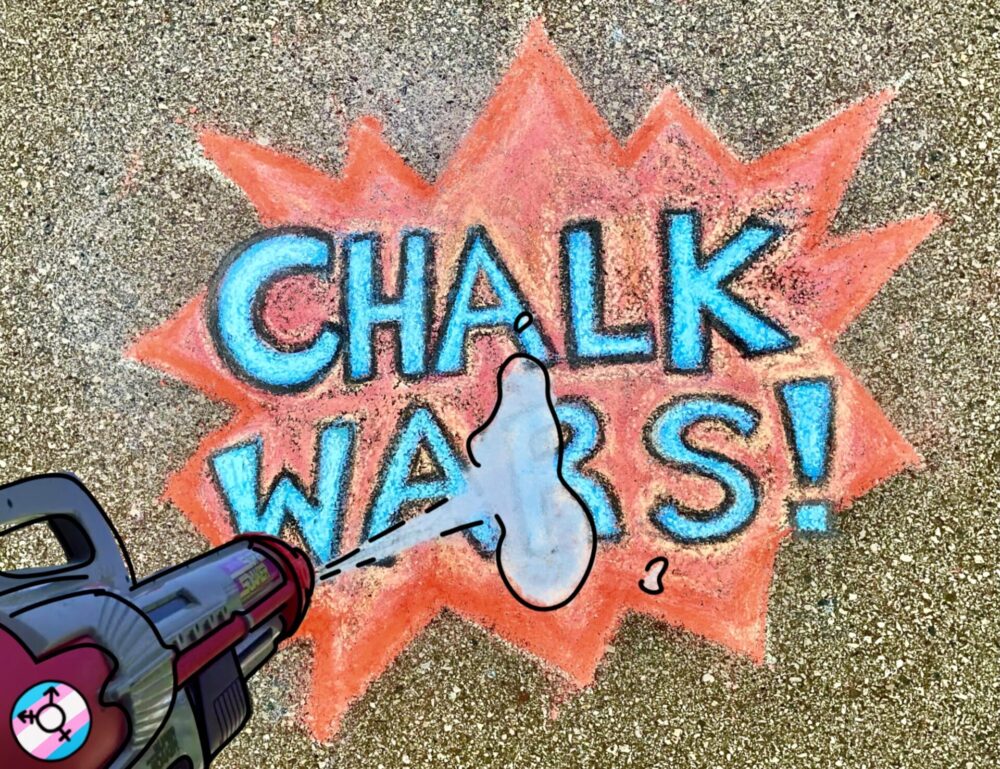





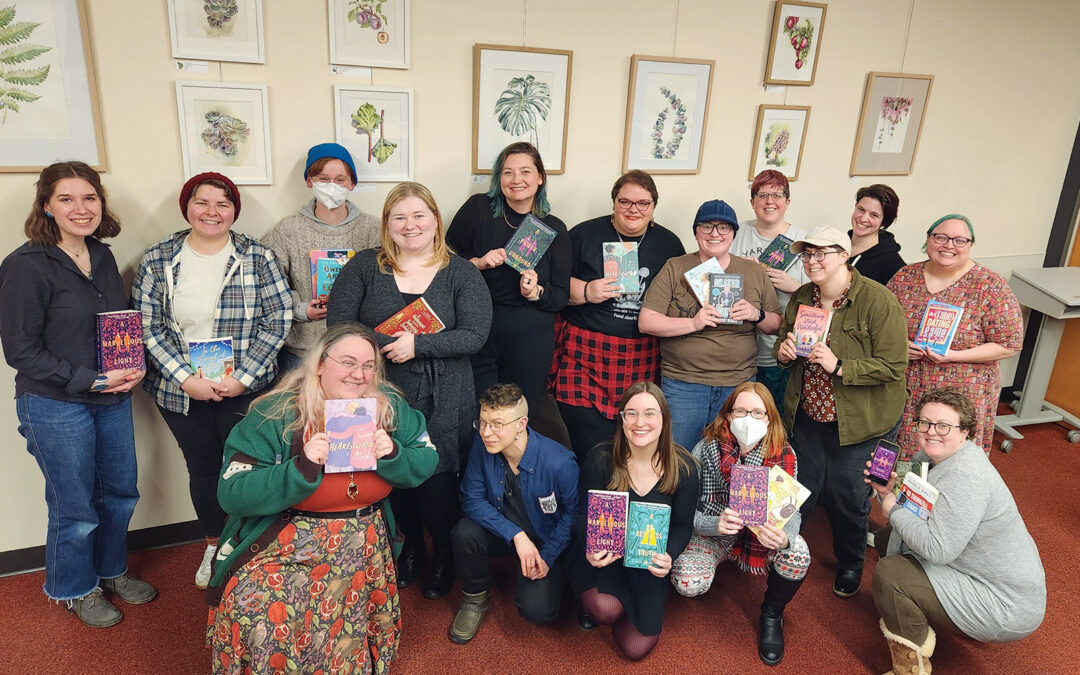
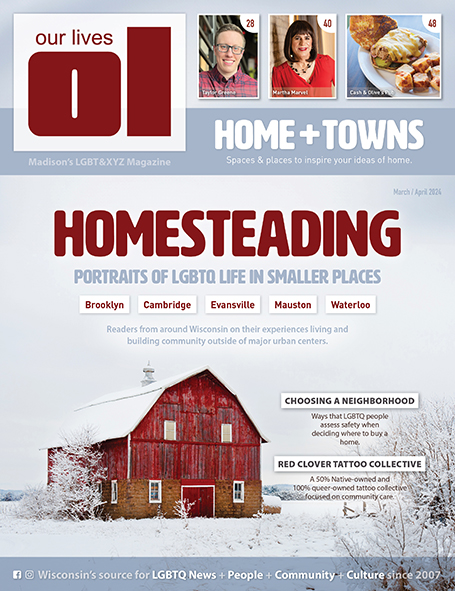
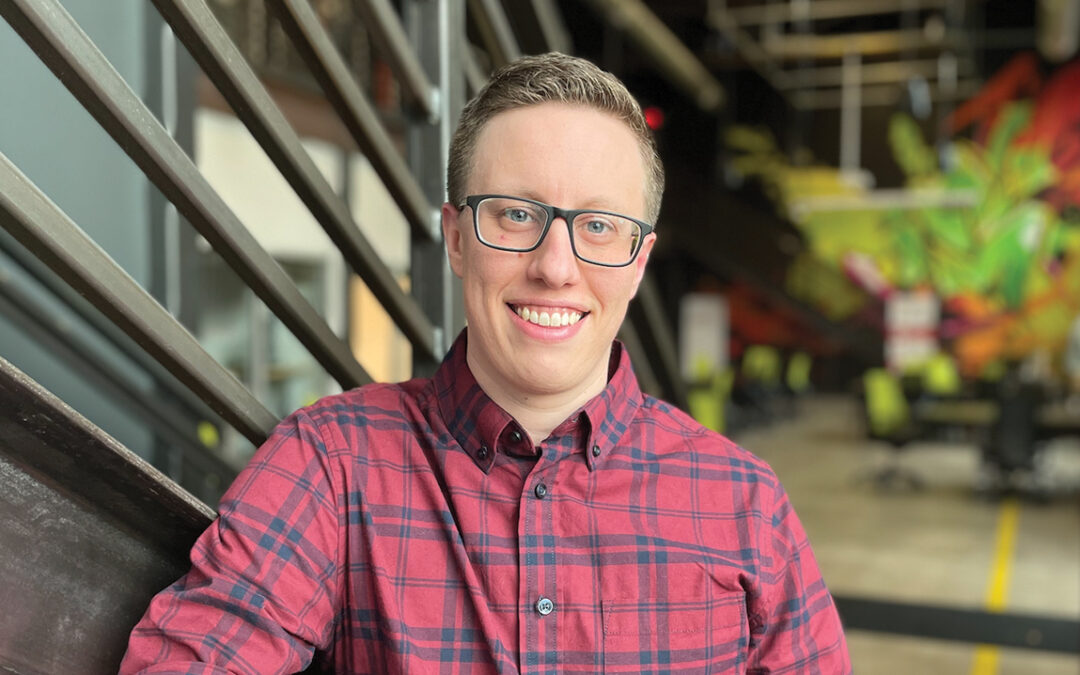
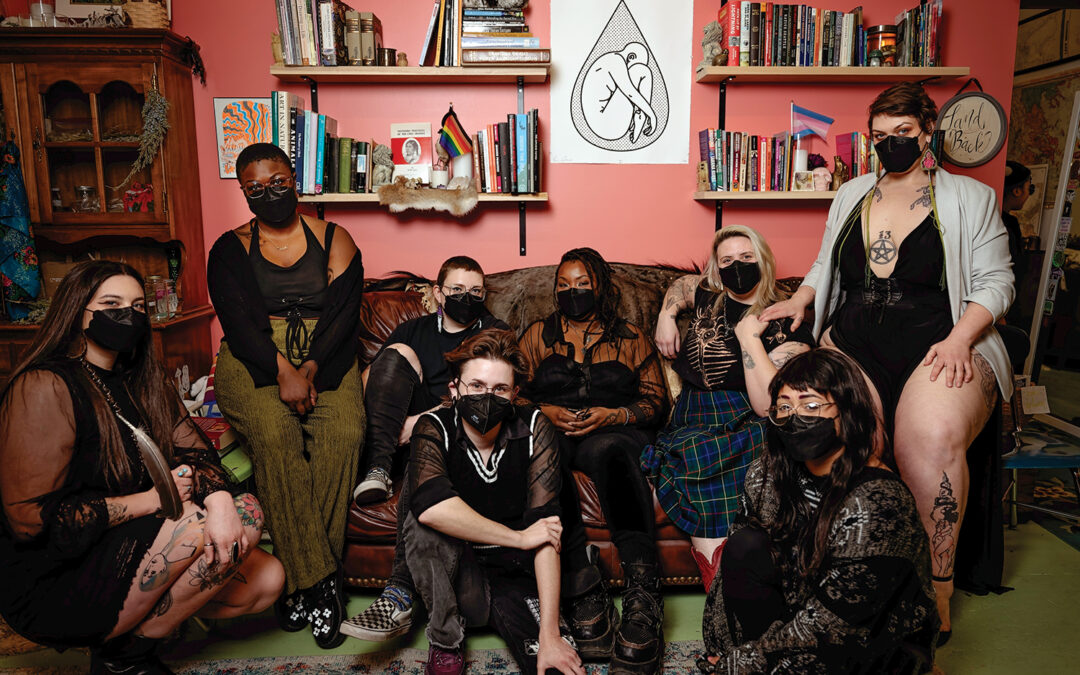

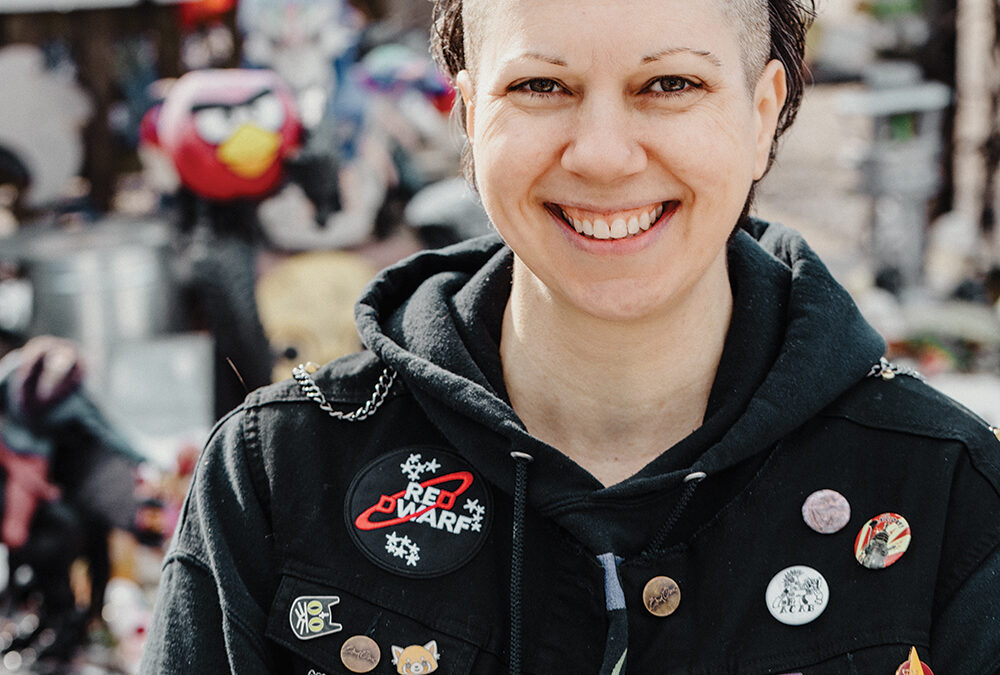
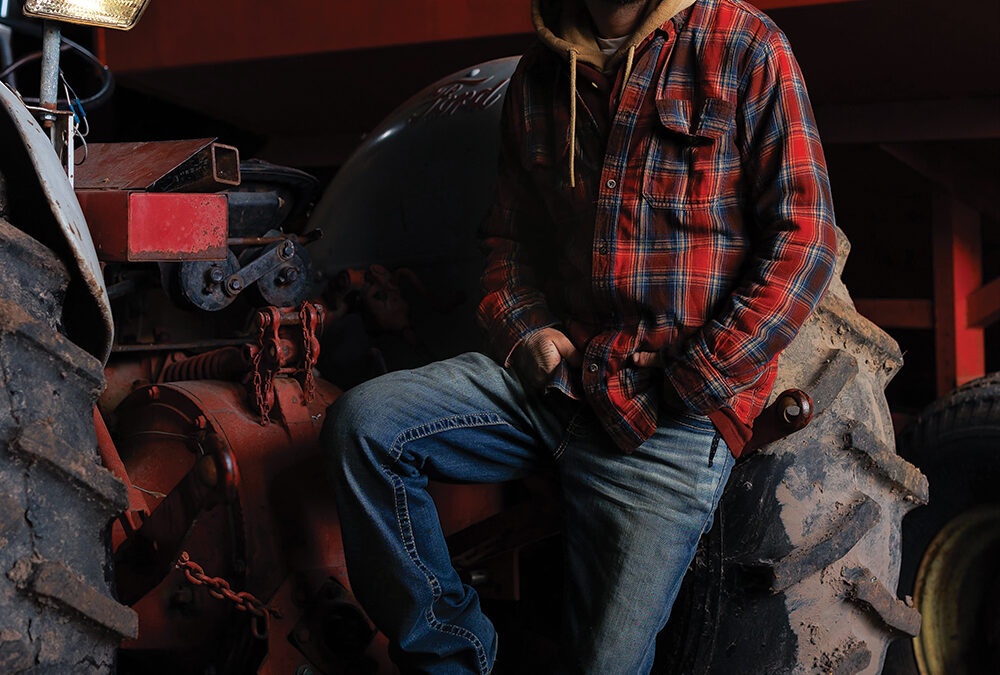
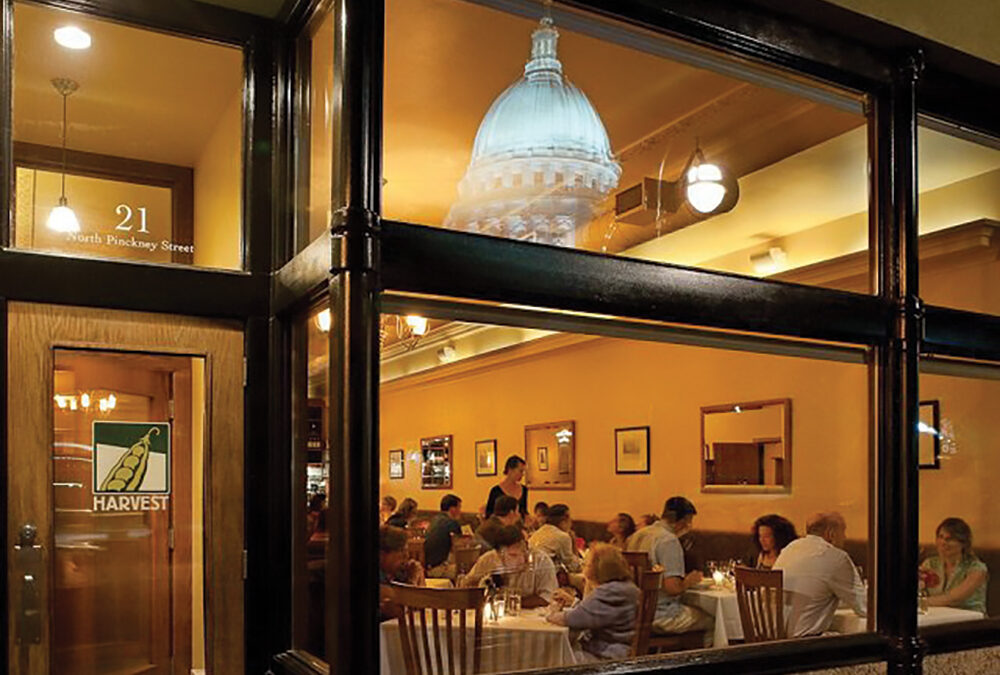
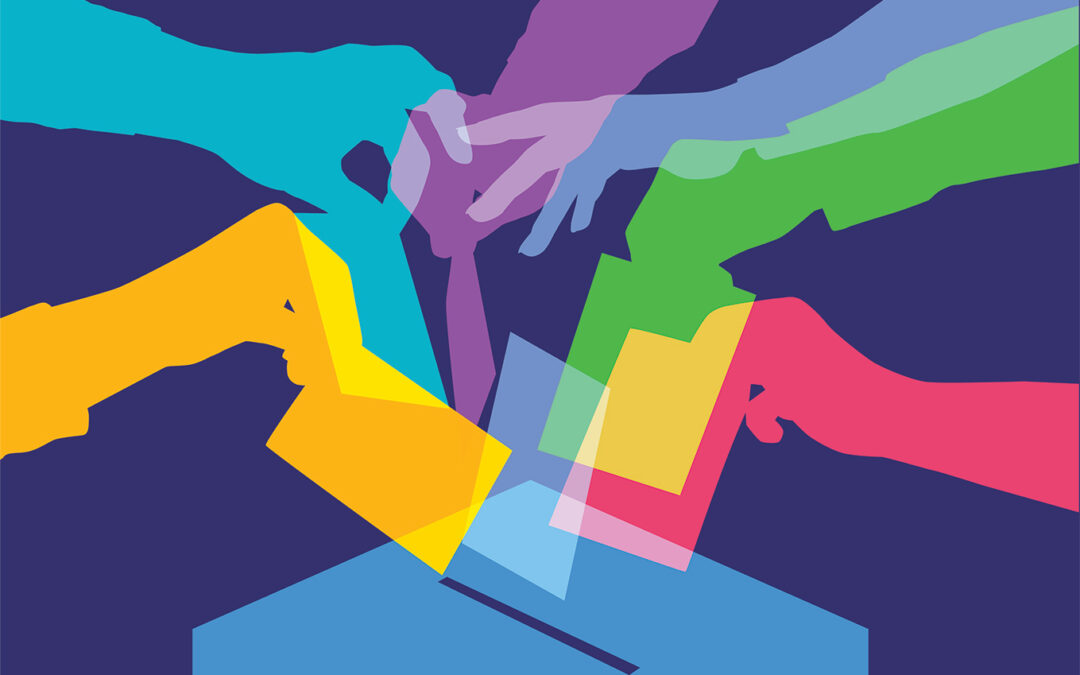
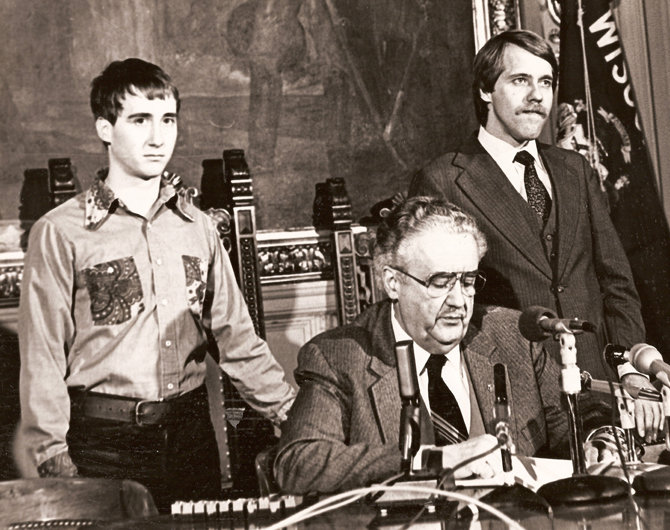









0 Comments